Zelensky wants to ‘make history’ at Swiss peace summit
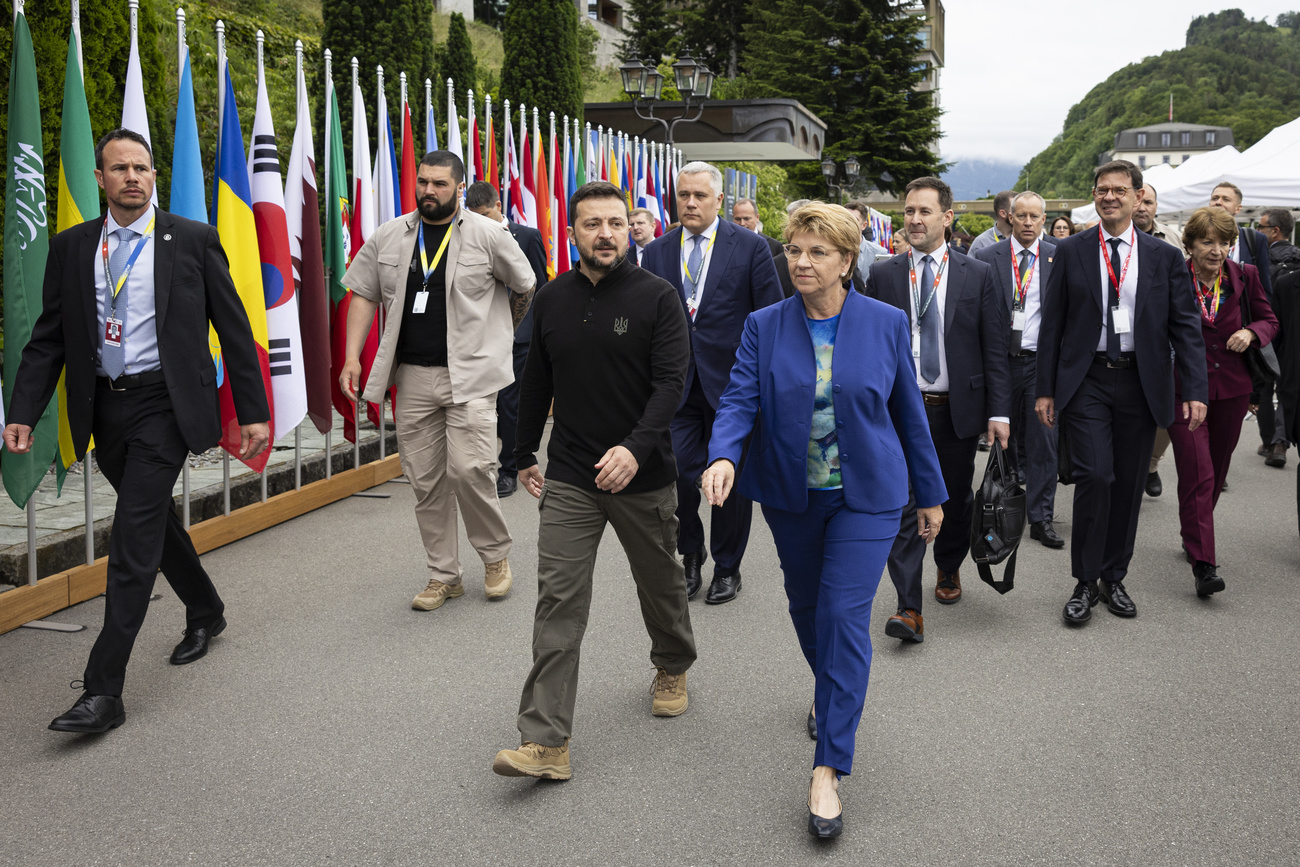
While Swiss President Viola Amherd spoke of modest objectives at the two-day Swiss Summit on Peace in Ukraine, her Ukrainian counterpart Volodymyr Zelensky was more proactive, saying he wanted to make history at a time when Kyiv was warming to future Russian participation.
Check out our selection of newsletters. Subscribe here.
“We want concrete steps” but “we will not negotiate peace” Amherd told the press at the Bürgenstock resort overlooking Lake Lucerne on Saturday. Standing next to Zelensky, she repeated that the objective was a first step, “a common understanding” of the principles of a future peace based on the UN Charter.
The Russian offensive had violated this charter, she insisted. “The world is stronger” than Russian President Vladimir Putin, said Zelensky, wishing for a “just peace as soon as possible”. Claiming a “joint success” with Switzerland, with the organisation of a conference bringing together some 100 delegations, he felt the summit could “make history”.
Press conference with Swiss President @ViolapamherdExternal link and Ukrainian President @ZelenskyyUaExternal link before the opening of the Summit on Peace in Ukraine being held in central Switzerland
— Swiss Federal Government (@SwissGov) June 15, 2024External link
🎞️Playlist with various language options: https://t.co/RznVYzQSf5External link#PathToPeaceExternal link #UAPeaceSummitExternal link pic.twitter.com/nJ0J3epMhCExternal link
Earlier, his head of presidential administration Andriy Yermak had hinted for the first time that Kyiv, which was opposed to Russia coming to the Bürgenstock, would not rule it out in future. However, he told a number of journalists that this would require recognition that “we are the victims of aggression”.
+ How the Ukraine conference in Switzerland aims to find a path to peace
Several possible scenarios
The final declaration of the conference was still being fiercely negotiated. And this situation will continue “until the last minute”, sources close to the discussions told the Swiss News Agency Keystone-ATS. Several scenarios are possible, including a text that would be approved without consensus but with the possibility for each participant to agree or reject it.
According to a well-informed Ukrainian source, Switzerland has agreed to certain demands made by Zelensky and his allies. The terms “Russian aggression” and “territorial integrity” of Ukraine would be included in the latest version of the draft final declaration, which would make it acceptable to the Ukrainian president.
On Friday, each side demonstrated the difficulty of the task, which will have to be confronted with the military reality on the ground. The G7 reiterated its support for Ukraine. Apart from US President Joe Biden, who will be represented by Vice President Kamala Harris, all the heads of state and government from this bloc of wealthy countries will be travelling to Switzerland.
+ Swiss summit kick-starts Ukraine peace process
Putin’s demands
Russian President Vladimir Putin, whose country was not invited to the Bürgenstock, repeated his peace conditions. He is demanding that Kyiv renounce its membership of defence alliance NATO and the four regions annexed by Moscow in the east of the country.
These demands are unacceptable to Ukraine and German Chancellor Olaf Scholz, but they will not be discussed at this weekend’s summit. In an attempt to move towards greater trust, Switzerland has identified the points common to the Ukrainian, Chinese and African peace plans.
These range from nuclear safety and prisoners of war to food safety and freedom of navigation. These are all issues on which the two warring countries could ultimately benefit from agreements.
+ US VP announces $1.5 billion aid for Ukraine at Swiss peace summit
Amherd added that security arrangements “are well in place” at the Bürgenstock. Up to 4,000 soldiers are available to support the federal and cantonal police forces. Several cyberattacks have been carried out against Swiss government websites in recent days.
Translated from French by DeepL/ts
This news story has been written and carefully fact-checked by an external editorial team. At SWI swissinfo.ch we select the most relevant news for an international audience and use automatic translation tools such as DeepL to translate it into English. Providing you with automatically translated news gives us the time to write more in-depth articles.
If you want to know more about how we work, have a look here, and if you have feedback on this news story please write to english@swissinfo.ch.

In compliance with the JTI standards
More: SWI swissinfo.ch certified by the Journalism Trust Initiative









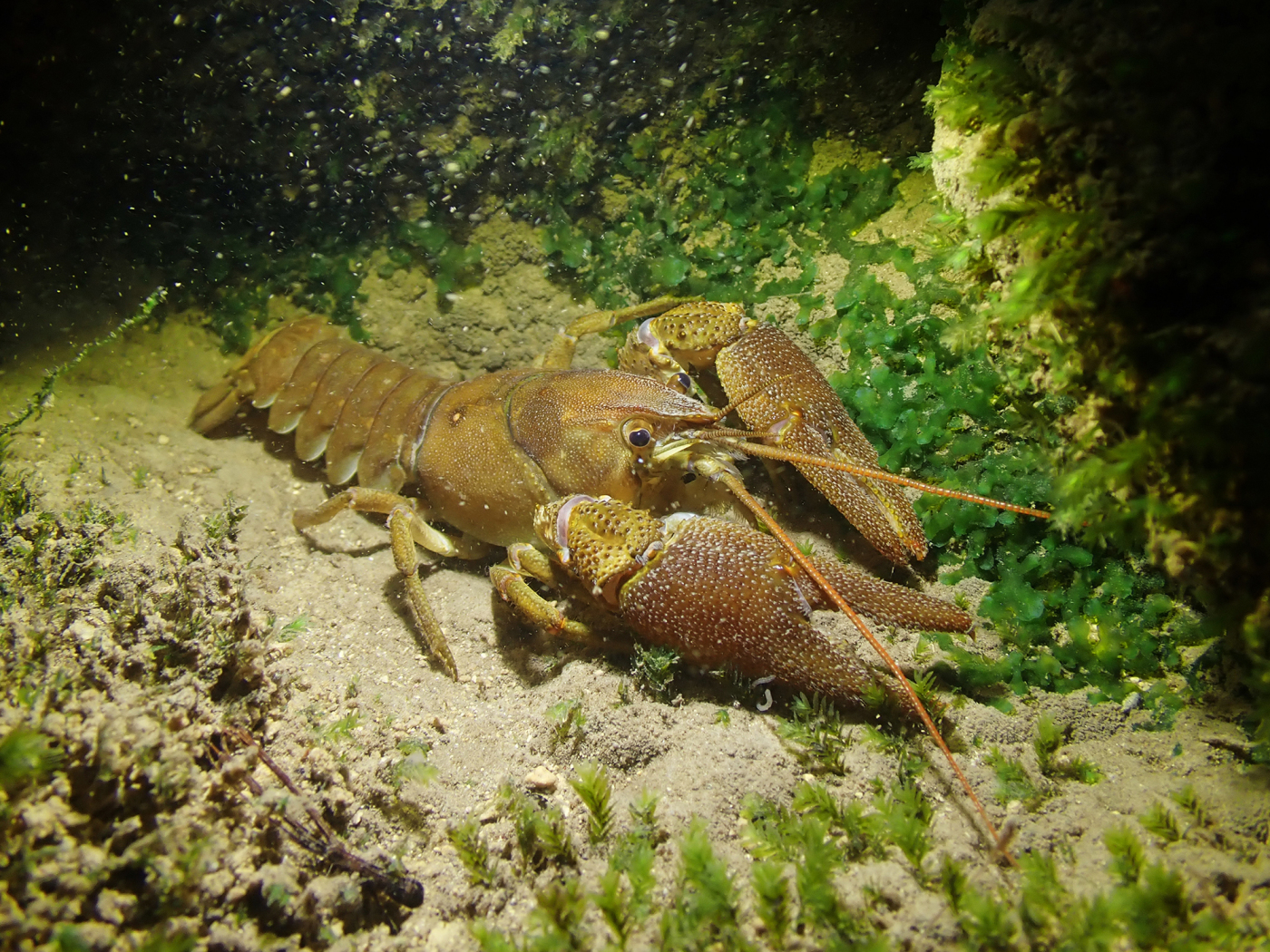
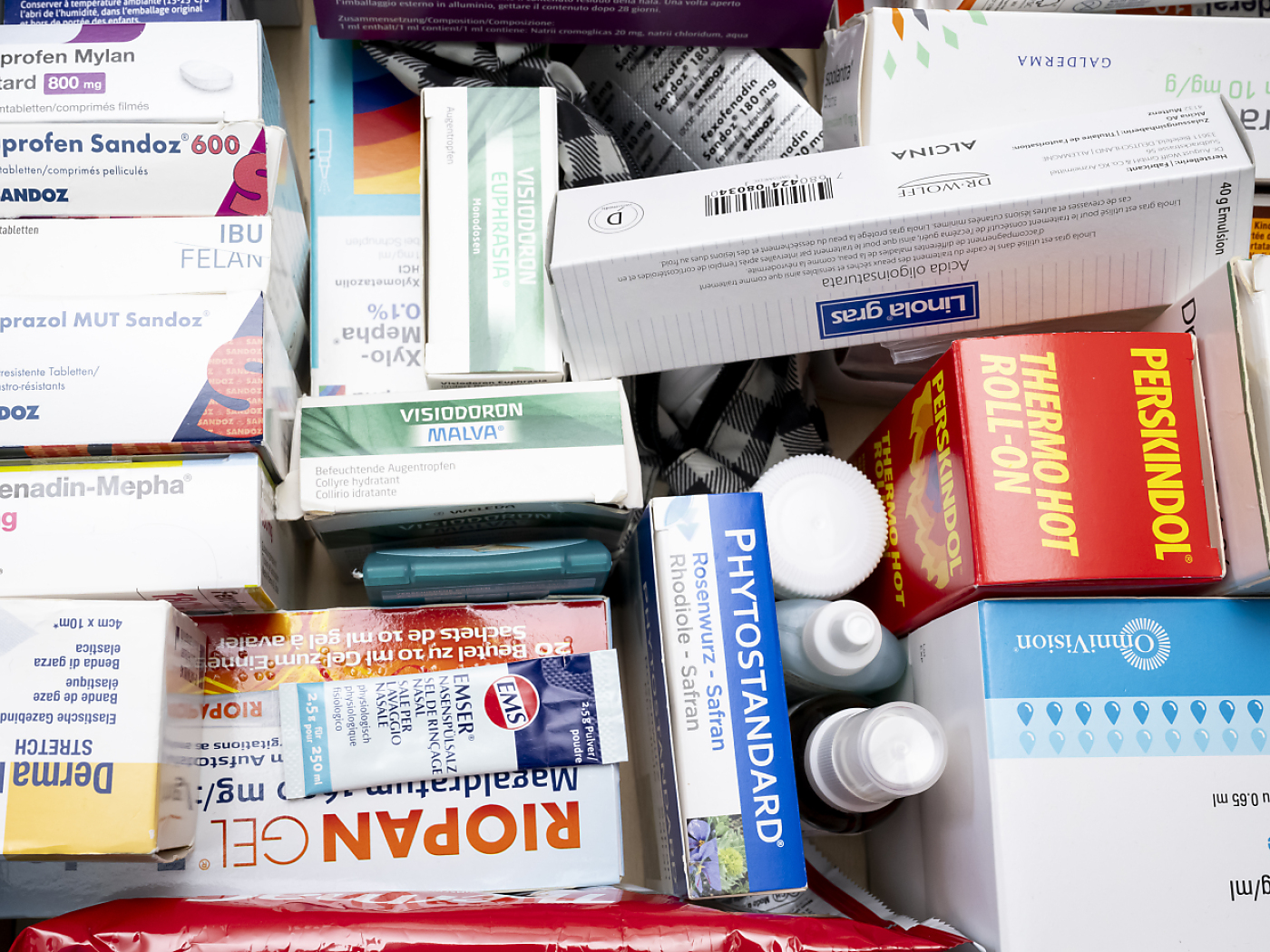
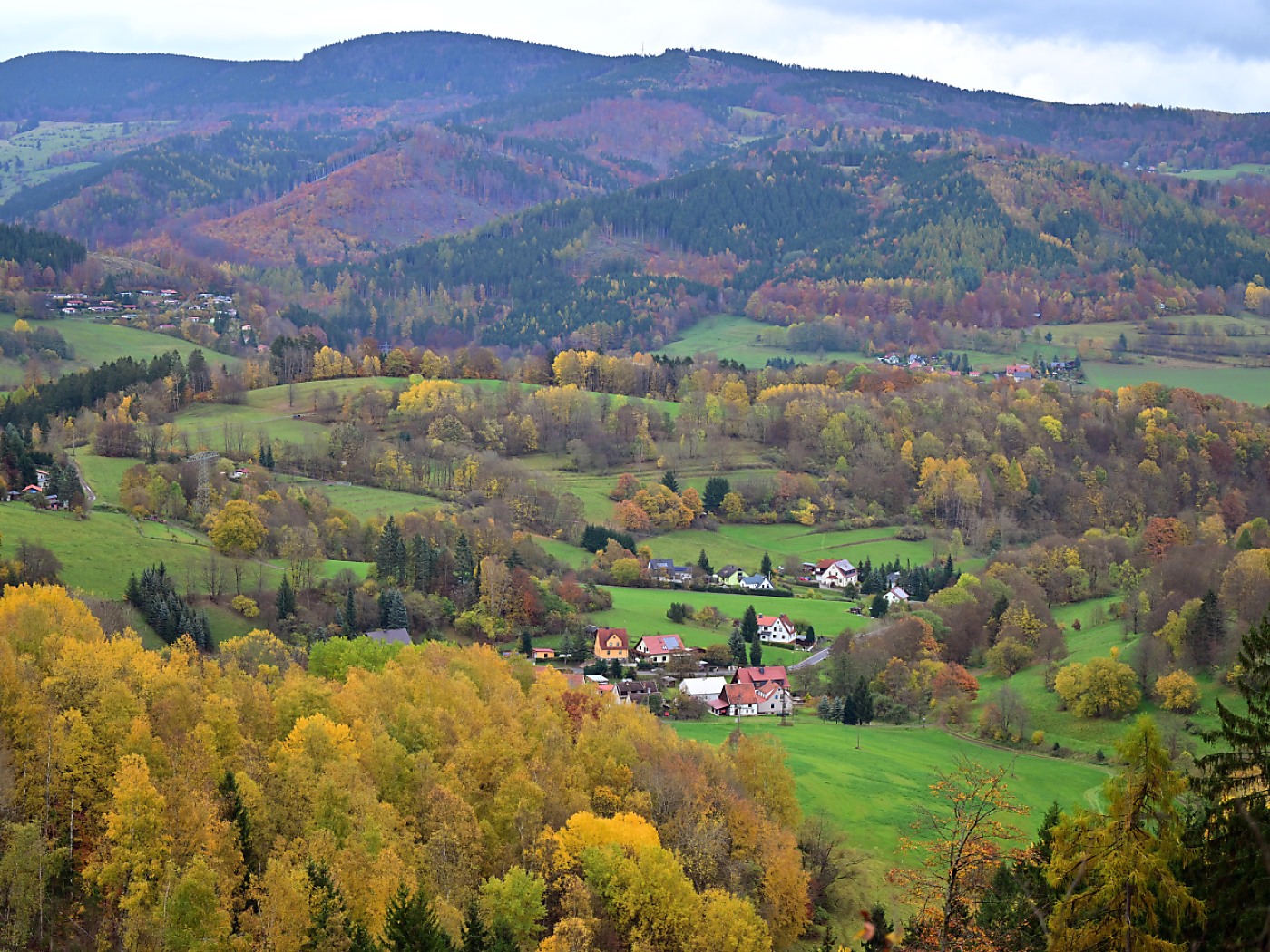
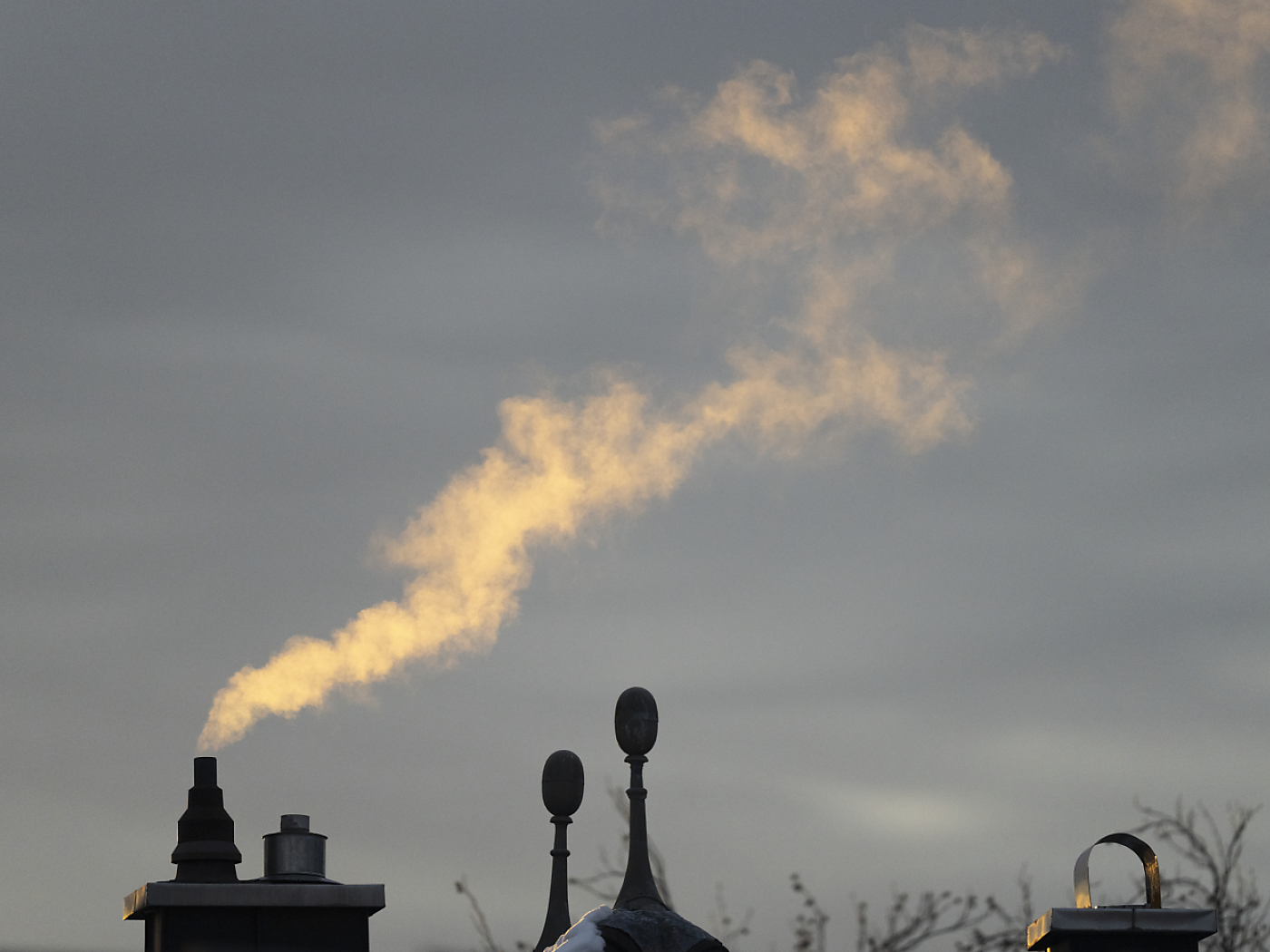
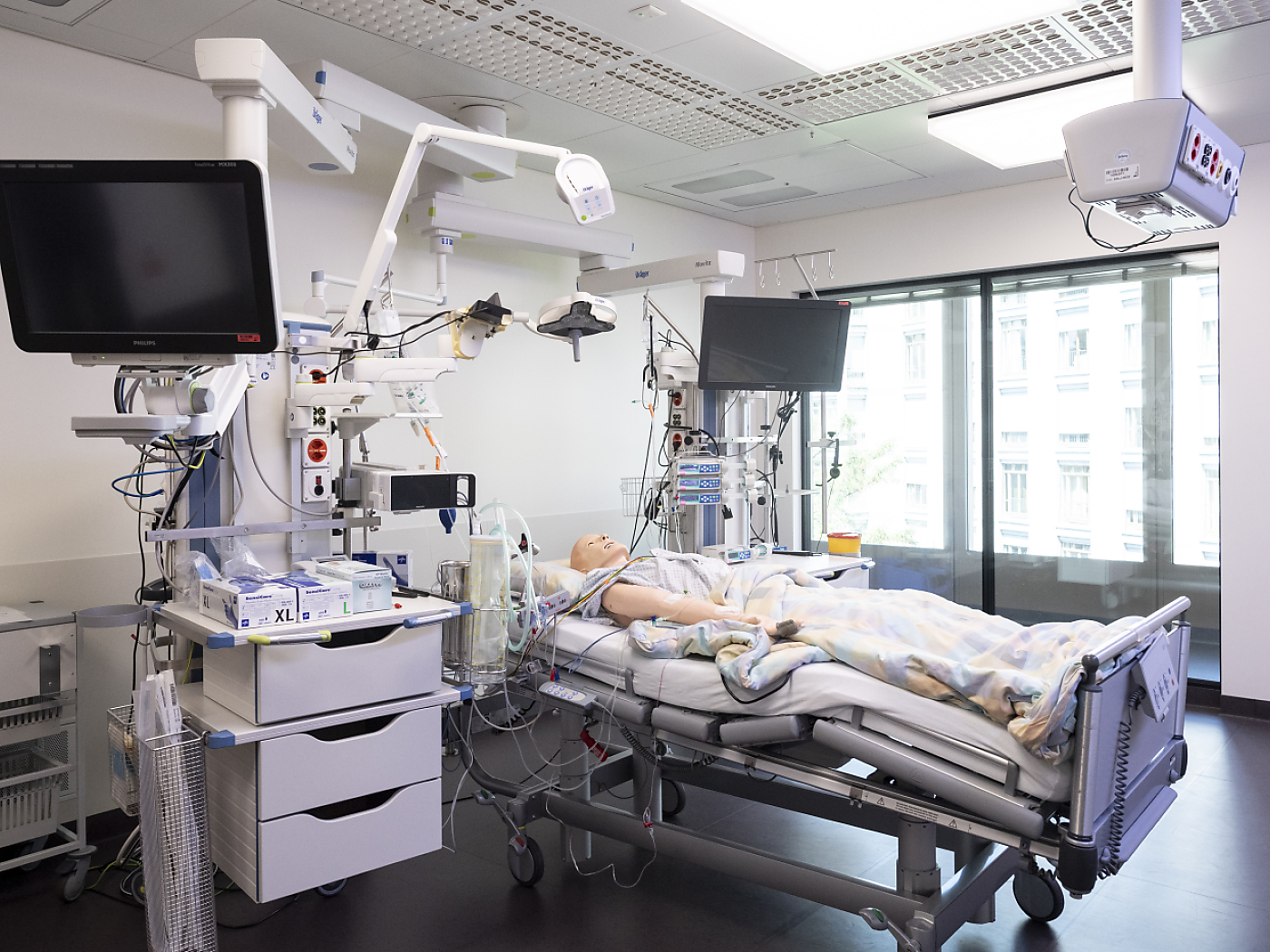
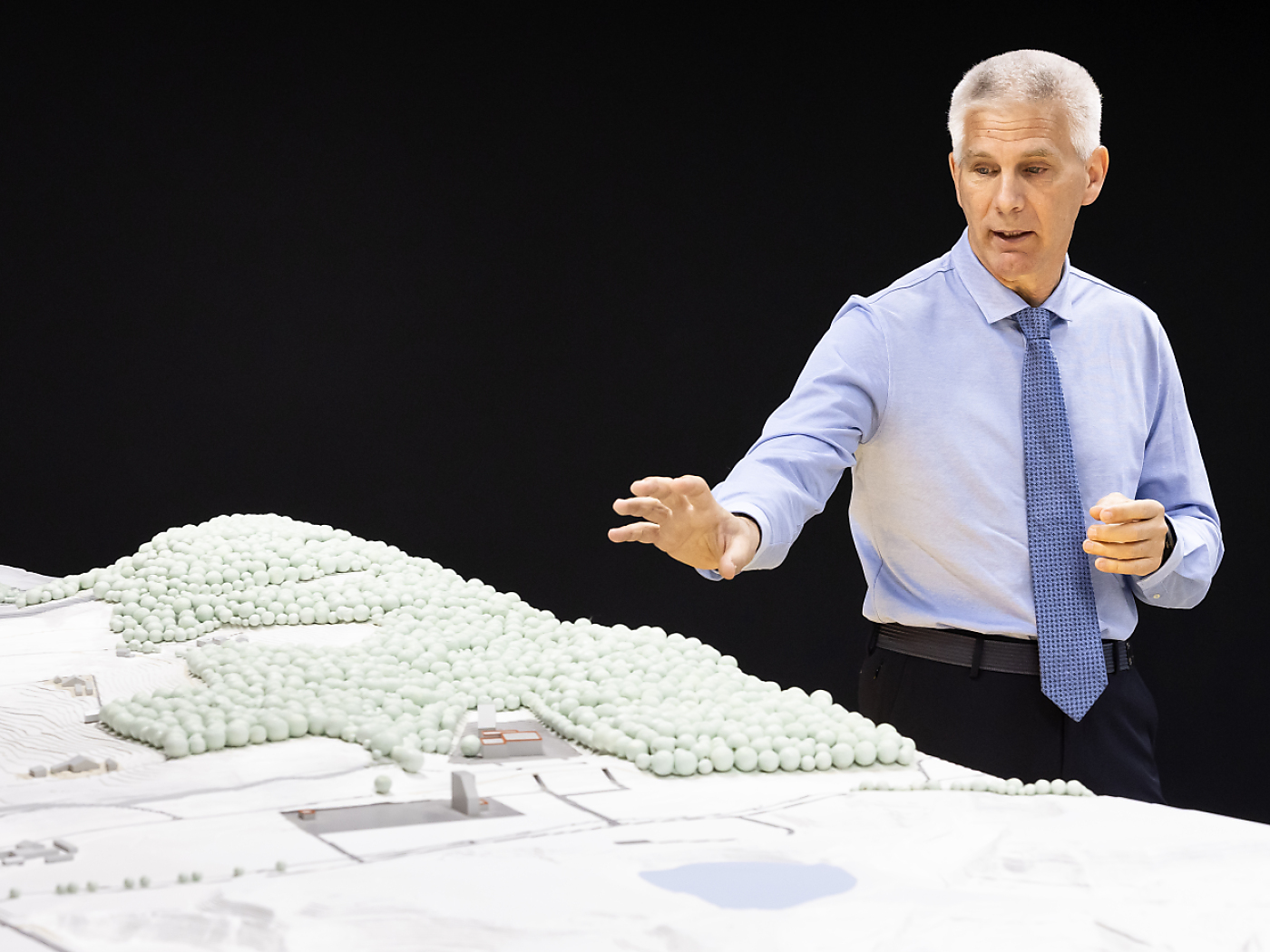
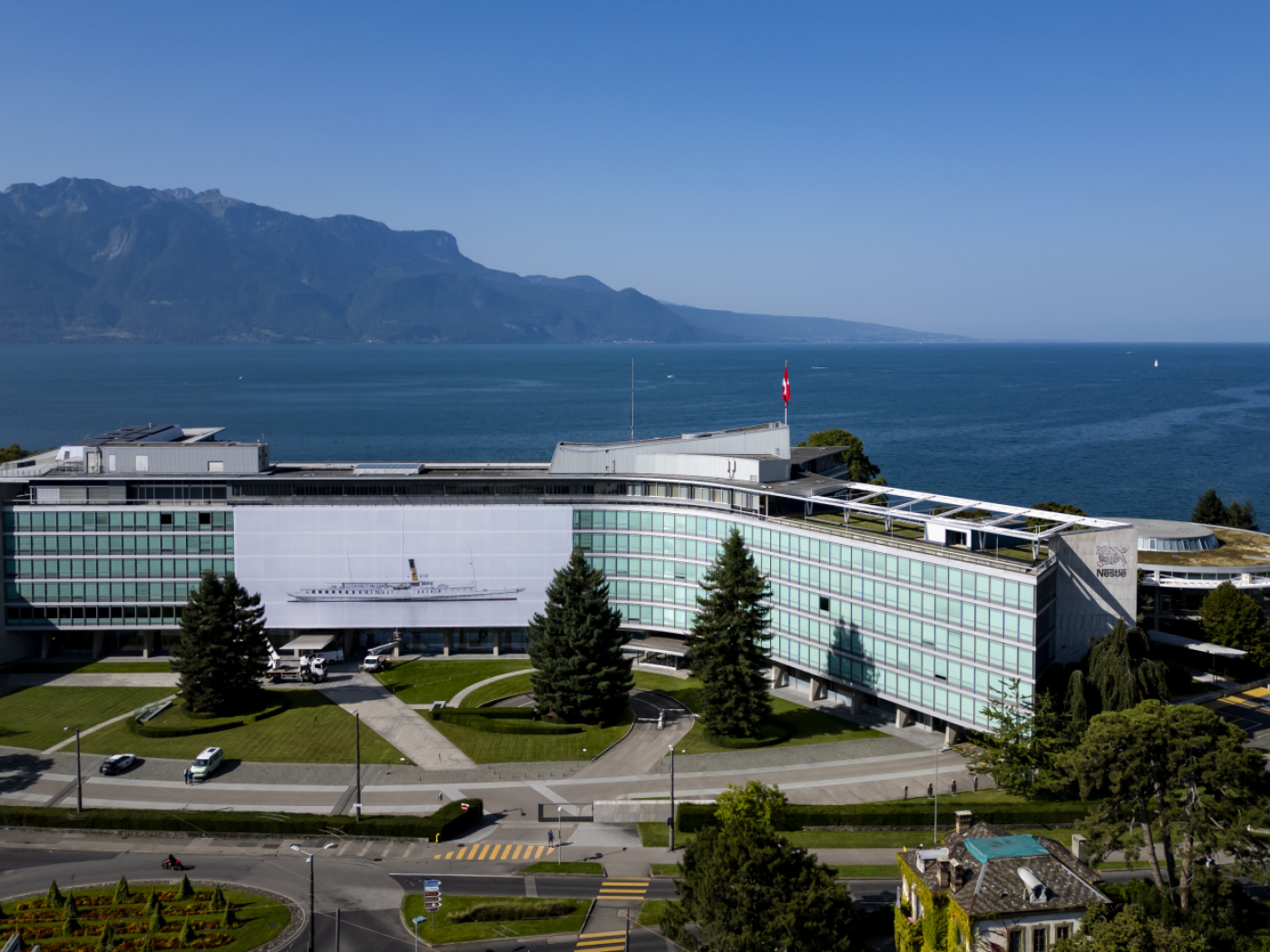
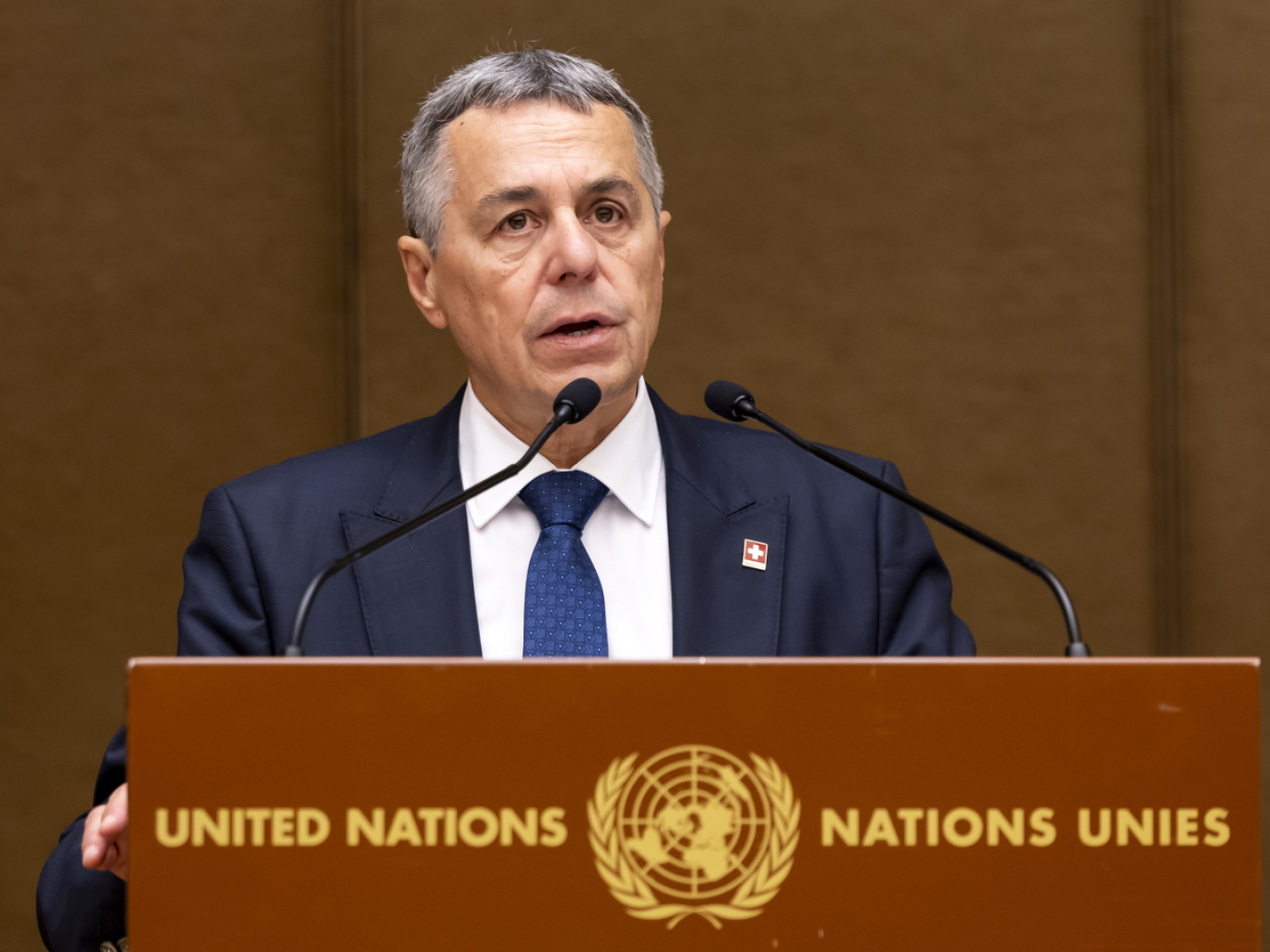
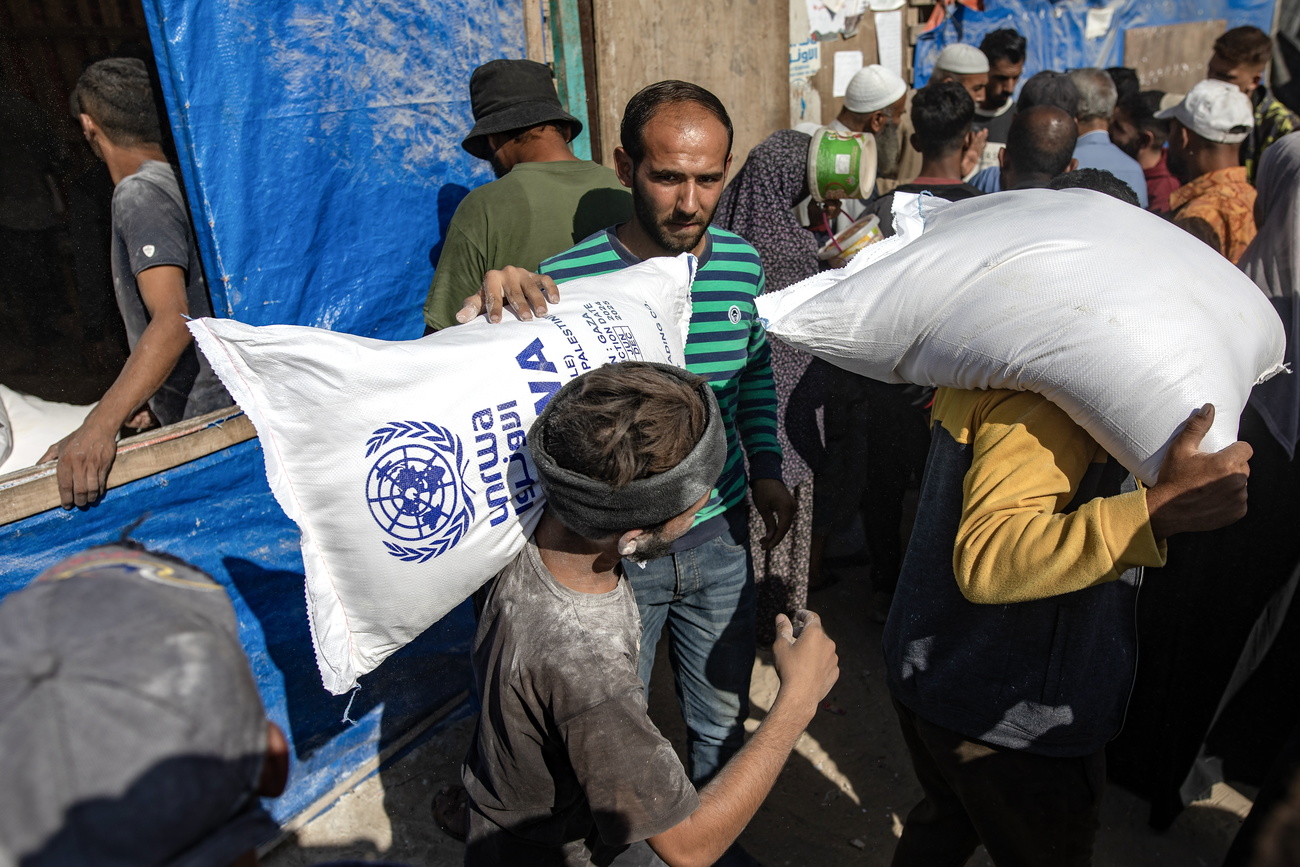
You can find an overview of ongoing debates with our journalists here . Please join us!
If you want to start a conversation about a topic raised in this article or want to report factual errors, email us at english@swissinfo.ch.